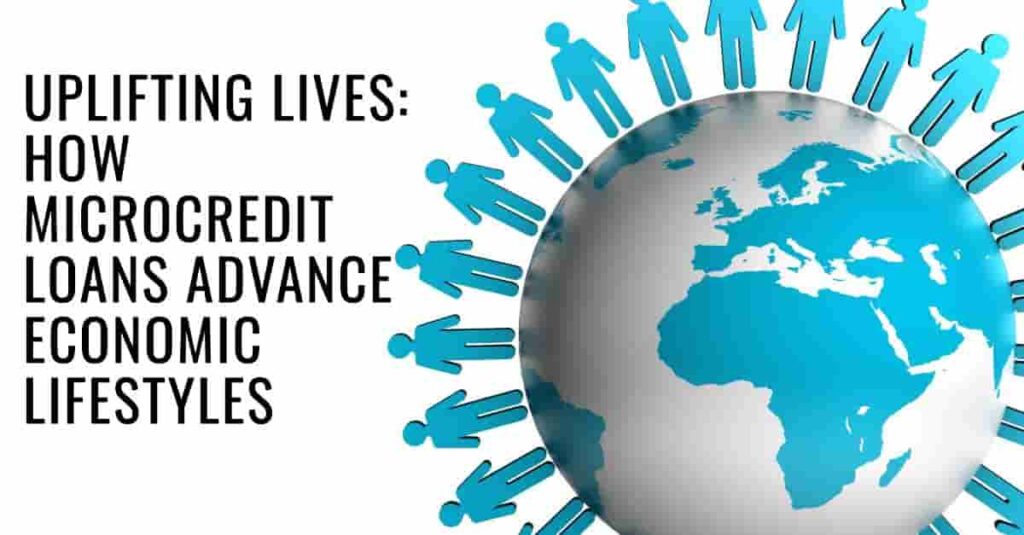Understanding Credit Scores
Are you aware of the importance of credit scores in determining your financial health? At the Valdymas Entrepreneurial and Transformational Leadership Empowerment Program (VETLEP), Your credit score plays a crucial role in your creditworthiness as a borrower in securing loan, and other financial services At VETLEP, we dig into the world of credit scores, exploring what they are, how they’re calculated, and most importantly, how you can improve your credit scores to unlock better loan opportunities.

What is a Credit Score?
A credit score is a numerical representation of your credit history, payment history, credit utilization, and other factors. It’s calculated based on information in your credit reports, which are maintained by the three major credit reporting agencies: Equifax, Experian, and TransUnion.
Types of Credit Scores
Lenders use credit scores to assess the risk of lending to borrower. A good credit score can help a borrower qualify for:
- Lower Interest Rates:A good credit score can lead to a lower interest rates, saving a borrower money on his loan
- Better Loan Terms:With a good credit score, as a borrower you will eligible for longer repayment periods, lower fees and a more flexible loan terms
- Higher Loan Amounts:A good credits score can increase your chances as a borrower for a higher loan amounts
- Approval For Loans: A good credit score can improve your chances of getting approved for loans, personal loans, SME loans, Education loan.
Credit Score Ranges
Credit scores are categorized into five ranges:
- Excellent Credit: 750-850 (FICO), 901-990 (VantageScore)
- Good Credit: 700-749 (FICO), 801-900 (VantageScore)
- Fair Credit: 650-699 (FICO), 701-800 (VantageScore)
- Poor Credit: 600-649 (FICO), 601-700 (VantageScore)
- Bad Credit: Below 600 (FICO), below 601 (VantageScore)
How to Improve Your Credit Score
Gerri Detweiler gave a detailed way of improving your credit score requires discipline, patience, and a solid understanding of credit management. At VETLEP, we listed out some tips to help you improve your credit score:
- Make On-Time Payments: Always making payments on time can go the furthest to helping you improve creditscore.
- 2. Keep Credit Utilization Below 30%: Keep your credit utilization ratio below 30% to demonstrate responsible credit behavior.
- Monitor Your loanReport: Monitoryour loan report regularly to ensure it’s accurate and up-to-date.
- Avoid Applying for Too Many loans: Avoid applying for multiple loansin a short period, as this can negatively impact your credit score.
- Build a Long Credit History: Establishing a long credit history can help improve your credit score over time
Conclusion
Your credit score plays a vital role in determining your eligibility for loans and the interest rates as a borrower qualify for. At VETLEP, we train you to understand more on how the credit score works and the proactive steps to improve as a borrower, also unlocking better loan options, achieve financial goals and a brighter financial future. Remember, a good credit score is not just a number but a key to unlocking financial potential.
References
- Gerri Detweiler. The credit score handbook: a detailed guide to credit scores, including how to improve them and maintain good credit habits.
- The three major credit reporting agencies: Equifax, Experian, and TransUnion
- Evan Hendricks: “credit scores and credit report: how the system really works” a thorough explanation of the credit scoring system and how to navigate it.



